California’s minimum wage increased by an unprecedented 25% from $16 to $20 on April 1, 2024. This enormous increase caused an irreversible shift in the fast food industry that will not be easily fixed. With franchises forced to increase prices and decrease labor costs, fast food is rapidly becoming a luxury the average American cannot afford.
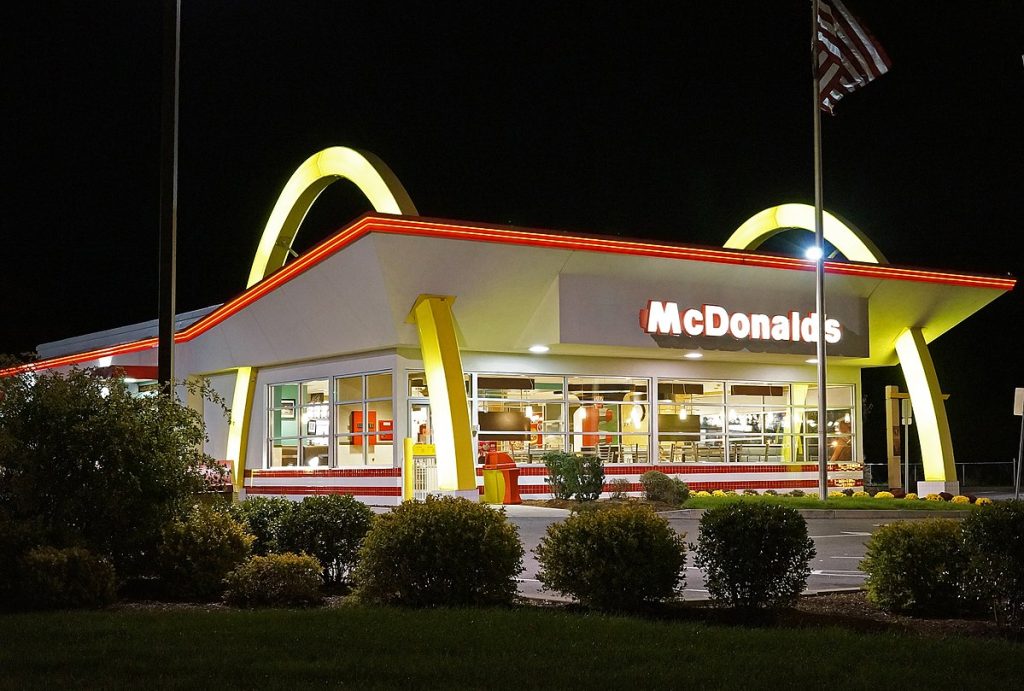
The increase applies to all franchises with more than 60 locations in the U.S. so workers in outlets will not be impacted by the 25% wage increase. However, major restaurants and bakeries such as McDonald’s, Wendy’s, Burger King, and more will be affected.
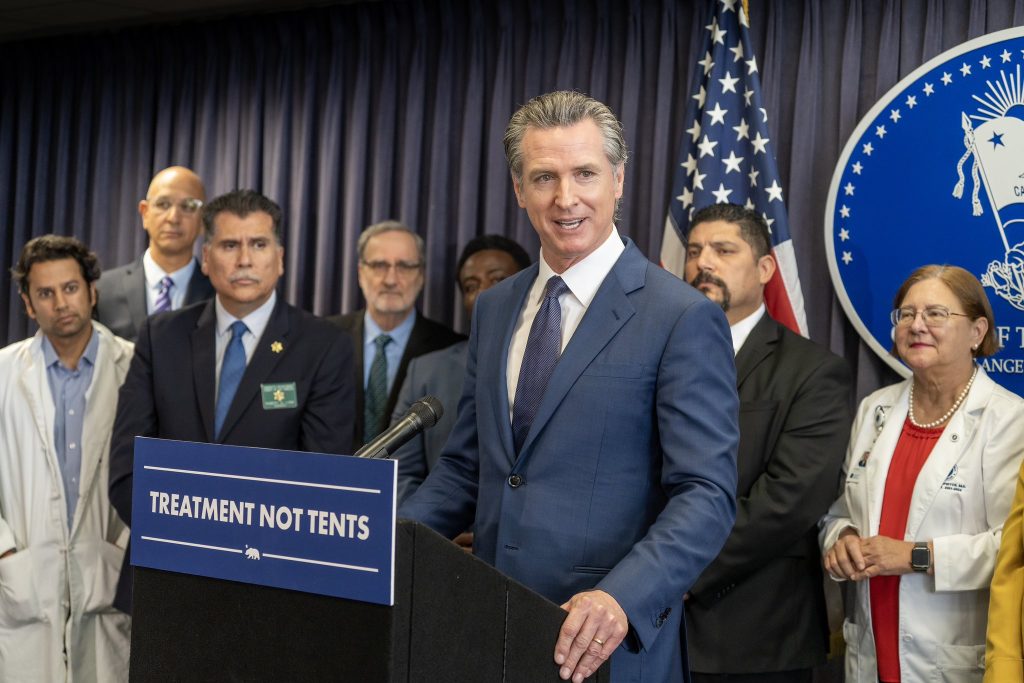
Newsom also received backlash for approving the bill for what some people called a “crooked deal”. People were speculative as to why Newsom exempted certain businesses from the increase.

An exemption to the rule was offered to Panera Bread. The owner of the franchise happens to be a significant donor of Newsom’s political campaign. California Senate Minority Leader Brian Jones stated, “Panera couldn’t afford Democrat lawmakers’ $20 minimum wage requirement for fast food restaurants. Lucky for them, their franchise owner donated over $160,000 to Governor Newsom, who got them an exemption.”
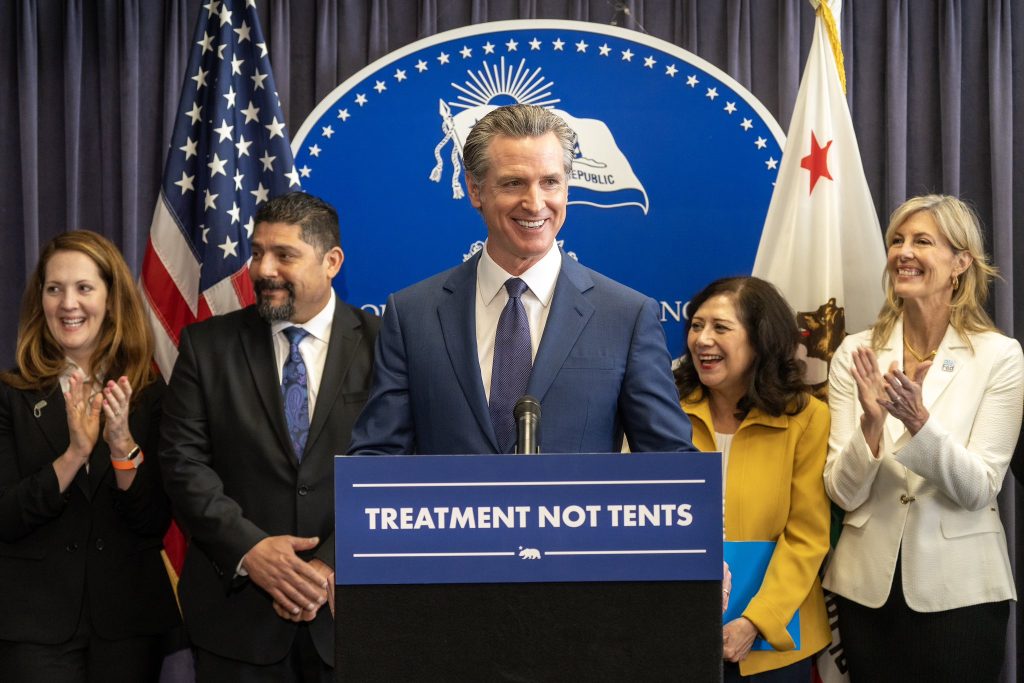
This left people with many questions about the legitimacy of the deal. But Governor Newsom maintained that no exemption was made due to donations to his own campaign, nor would he ever offer an exemption to anyone who donated to his political career.
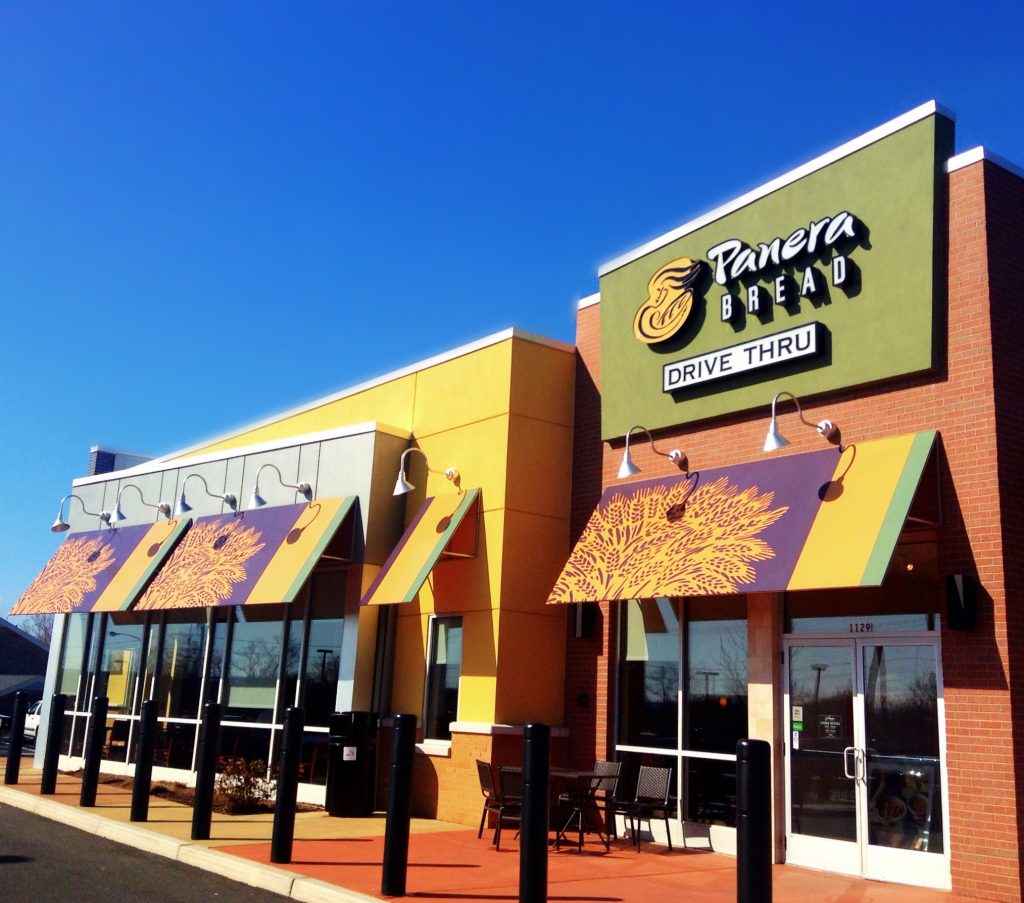
Rather, the real reason Panera Bread was exempt from the minimum wage requirement was because for them to be included they would need to actually produce bread on site. Panera mixes their dough off-site ad then ship the dough to the restaurant, thus eliminating them from the requirement.
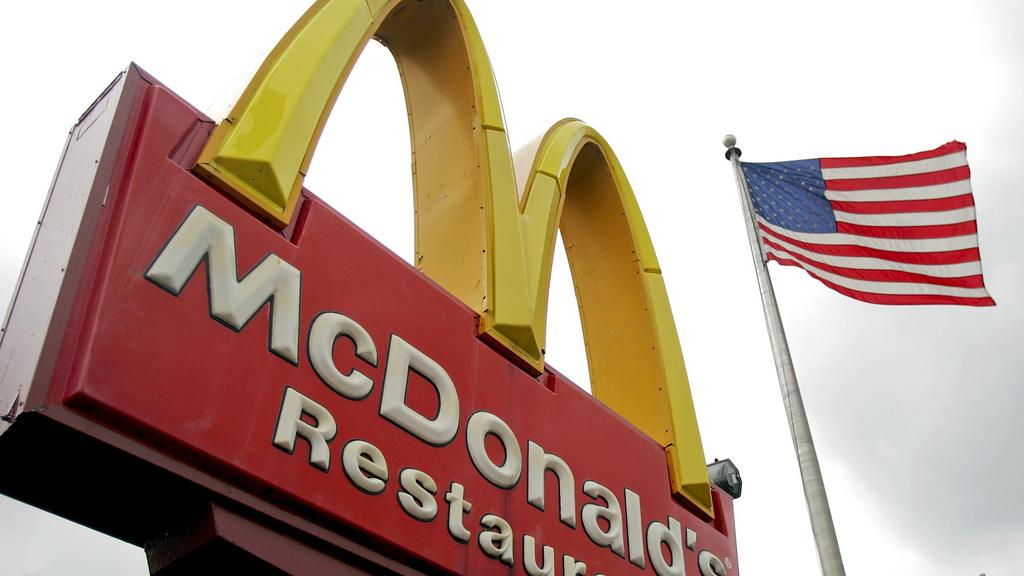
Now that th ebill has taken effect, Pizza Hut, McDonald’s, Burger King, Chipotle, and more franchises have been forced to layoff some of their workforce. This contributes to California’s climbing unemployment rate, which is now at 5.3% compared to last year’s 4.5%.
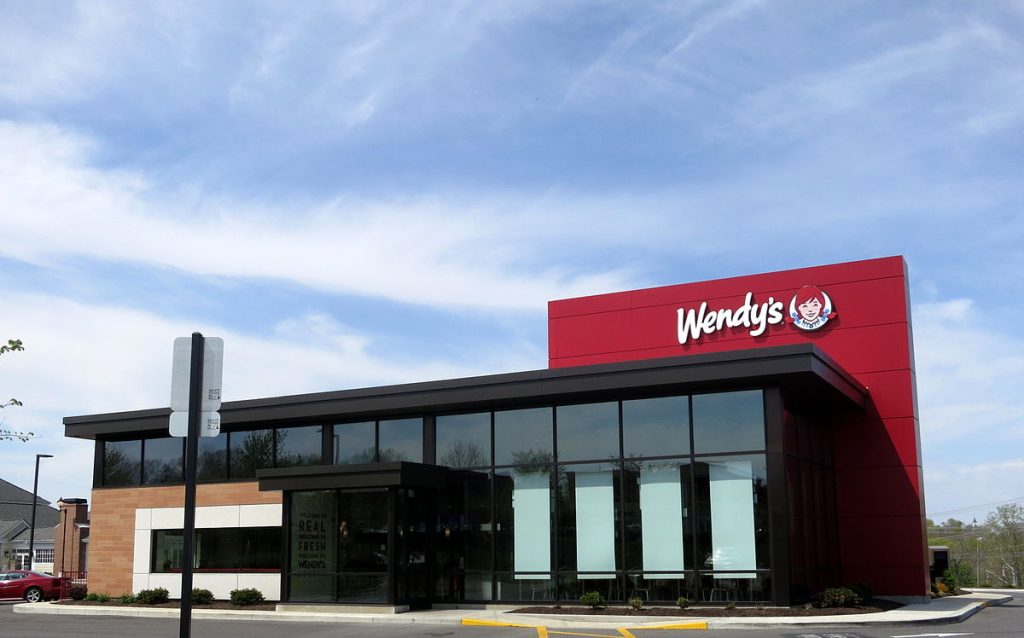
The world of fast food is changing rapidly, and becoming quickly unaffordable for the average American. A burger and fries used to be the quickest and cheapest meal you could find, and now people are too strapped to afford it. It’s caused the fast food industry to reinvent. Wendy’s was the first to make the announcement about “dynamic pricing”.

Wendy’s dynamic pricing announcement came at the end of 2023 and was met with mostly negative feedback because the plan seems to be price surging disguised as something that would be a good deal for the consumer.
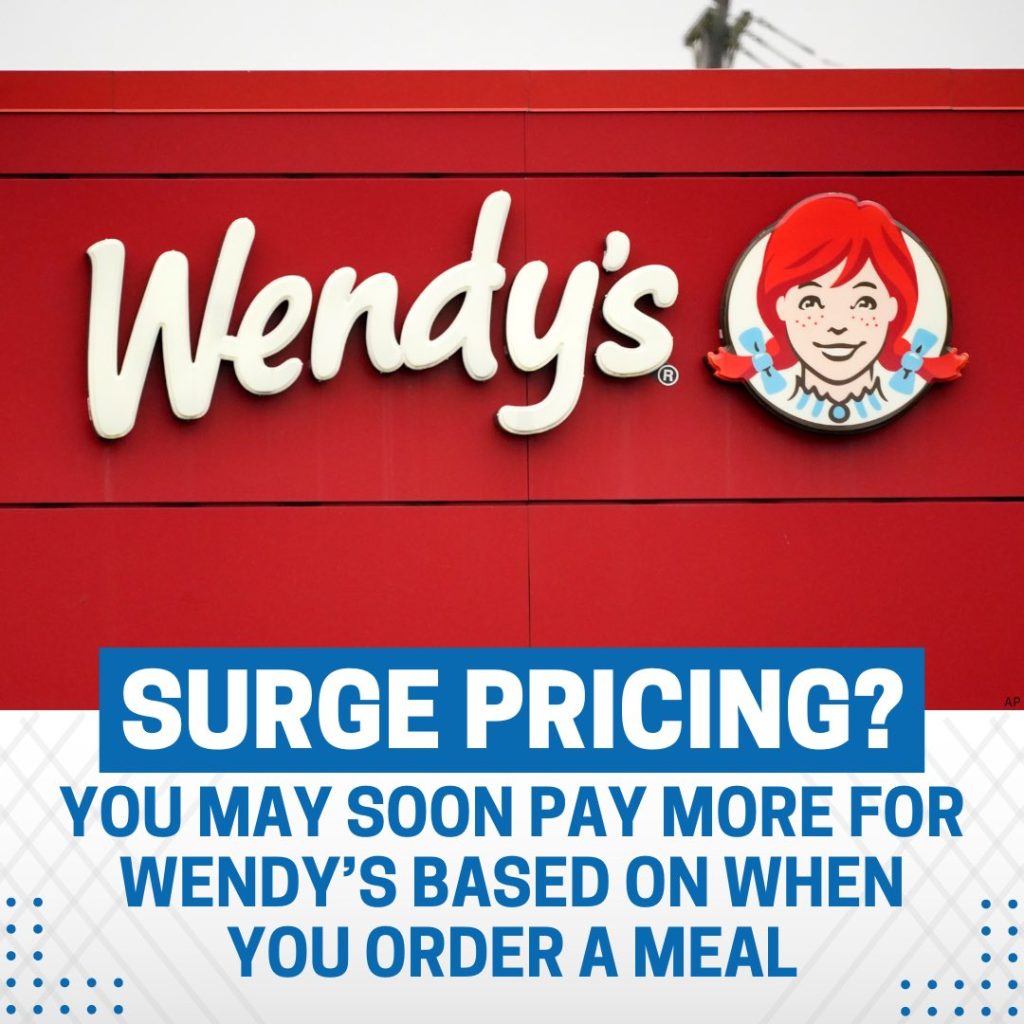
Wendy’s quickly took to the internet to explain the dynamic pricing plan to their customers. Essentially, they plan to launch new pricing as soon as 2025 which would make food costs changed based on demand. This could mean a burger may cost $5 in the morning and $20 at night.

Menu items would cost more or less based on peak hours. Other industries have already operationalized the idea of surge pricing. Uber and Lyft cost more or less based on the time a customer is looking for a ride, how many people are seeking riders in the area, and how many drivers are available at that time.
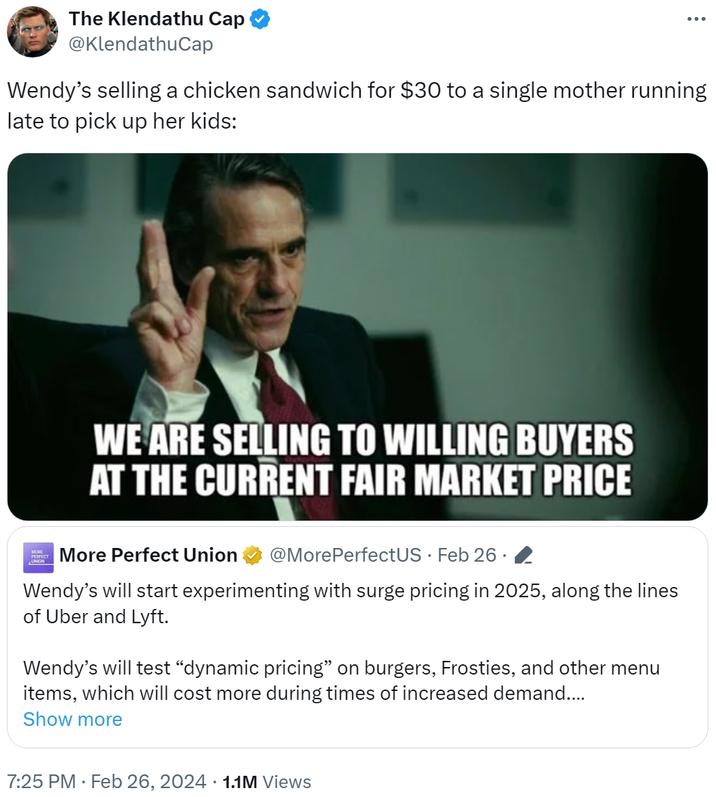
However, the problem with fast food giants like Wendy’s adopting this method is that they have full power to up-charge their items and customers will not know what they expect to pay until they reach the drive-thru window.
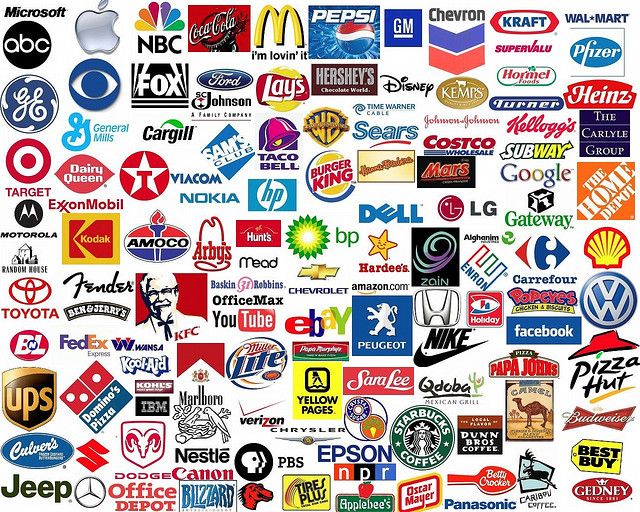
As of now, customers have other options , but if minimum wages continue to increase at this rate and if dynamic pricing is adopted by more fast food franchises, the industry will become entirely unaffordable for the average American, leaving them with limited food options.





